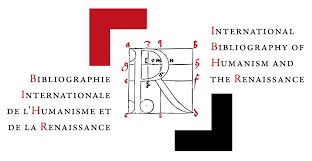Nation and Emigration (Based on the Material of Hungarian Literature)
DOI:
https://doi.org/10.31168/2073-5731.2024.3-4.09Keywords:
Hungarian literature, post-Second World War, nation, native language, Farkas Péter, Konrád GyörgyAbstract
The history of Hungary and the region as a whole developed in such a way that emigration became a common occurrence. After the Second World War, this process became especially intense; not accepting the communist dictatorship and dependence on the USSR, many writers emigrated too. By deciding to emigrate, a writer breaks his civil ties, that is, rejects the given state, in which he feels uncomfortable, oppressed, and therefore could not fully reveal his talent. There were also attempts to reject or “change” national identity. For example, this can be seen in the work of the Hungarian writer Farkas Péter (the story “Eight Minutes”). But few people succeed in this (if they succeed at all) – Milan Kundera has probably advanced further along this path (and even he did not complete it: either he did not have time, or he could not; most likely, he could not). One must think that great talent includes a certain national component, associated primarily with the native language. Attempts to abandon this component threaten to destroy talent, and so the writer is forced to “capitulate” and return to his national core. Farkas Péter also returns to it, and in his latest works he addresses the environment in which he grew up and was formed as a person.
Received: 18.02.2024.
Revised: 27.02.2024.
Accepted: 24.09.2024.
Citation
Gusev Yu. P. Nation and Emigration (Based on the Material of Hungarian Literature) // Slavic Almanac. 2024. No 3–4. P. 194–215 (in Russian). DOI: 10.31168/2073-5731.2024.3-4.09






